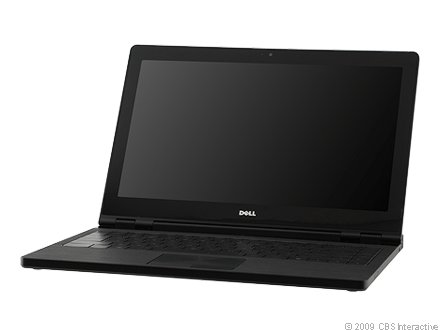Dell's analyst meeting: Looking for the big vision

Dell's analyst powwow on Tuesday is expected to focus heavily on storage and cost cutting, but lack any big transformation plans---although many observers are itching to hear more about the company's acquisition strategy and vision.

We think Dell’s biggest competitors are investing in developing longer-term innovations to address/compete in increasingly virtualized IT environments. While Dell may argue integrating “full-stack” solutions are simply a throw-back to proprietary models, we nevertheless believe there’s real movement toward the Cisco-like notion of “next-generation data centers” that leverage virtualization to create “unified fabric” architectures that ultimately blur/converge the established lines between discrete compute/servers, storage and networking; supporting dynamic provisioning of applications and networked resources, controlled by high level management software. We think Dell can rightly address part of this trend by saying it has proven experience taking to market high volumes of low-cost standards based systems that will undoubtedly provide the modular building-blocks of any “new” data center architecture, but we nevertheless wonder whether Dell is equipped with the type of value-added software, services and “strategic vision” likely necessary to compete with IBM and HP, increasingly EMC and VMware, Cisco’s Unified Computing System (UCS) and soon Oracle and Sun. What is Dell’s plan beyond selling boxes into this next-generation data center, especially given its somewhat disappointing traction to date in blade servers (e.g., with Dell’s share of x86 blades just ~10% vs. ~25% in overall x86 units)? What’s Dell’s vision if desktop virtualization ever really does gain hold?
Among other key topics:
PC upgrade cycle: Optimism about the impact of Windows 7 has gone from euphoric just a few weeks ago to weak today. Some folks even think Windows 7 will boost GDP. The reality is somewhere in the middle. Moskowitz says in a research note:
We are not optimistic about a major PC upgrade cycle. There has been rising speculation that Windows 7 could aid such a cycle, and here we also are skeptical. Our cautious view of any corporate-led PC replacement cycle is based on the expanding useful lives of the installed base and the increasing level of job losses in the U.S.
That latter point about job losses is notable. Moskowitz argues that enterprises will simply redeploy the PC inventories they have now instead of buying new---presumably Windows 7---units.

Cost savings: Analysts expect Dell to say it's at the halfway point to saving the $4 billion annually by 2011. However, it's unclear how much more Dell can save given that component costs are volatile and there's a steady march to low-end PCs. "Additional detail around upcoming cost cuts ($3B beyond the initial $1B+ to date) should bring Dell's significant operating leverage into focus," says Goldman Sachs analyst David Bailey.
The storage business: Since Dell acquired EqualLogic revenue has quadrupled. Dell can be expected to talk a lot about its storage business and its EMC partnership is likely to emerge as a topic.
In the end, Dell's future will largely rest on big bets and perhaps an acquisition strategy. Moskowitz says:
We expect to hear more about the potential for a diversification strategy and what level of cost savings would be required for reinvestment. We are mindful that the company does not have much experience as a consolidator, but we think investors would be willing to assume the integration risk rather than be exposed to the legacy business of PCs and servers, particularly once the cost savings story runs out of steam.